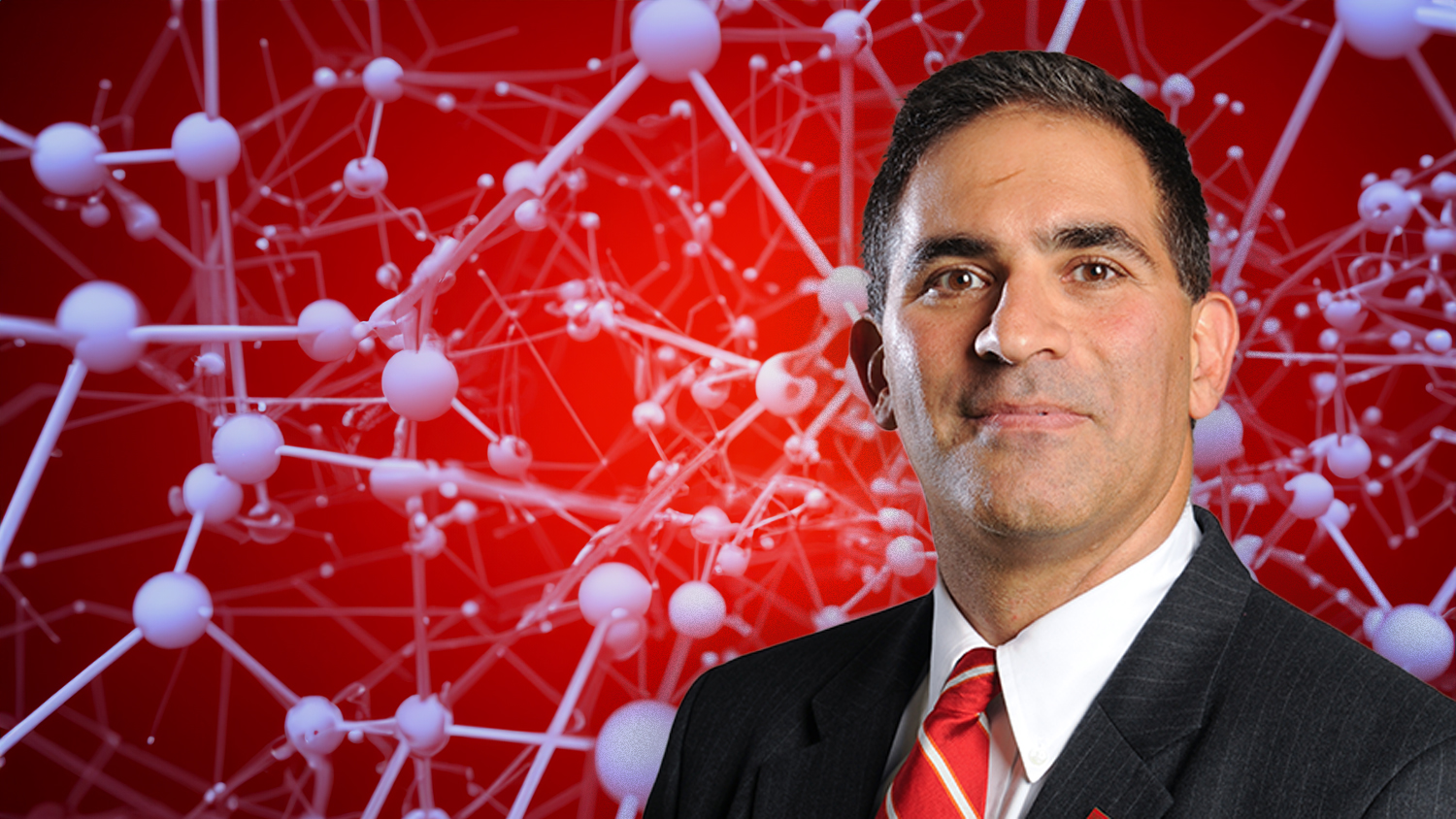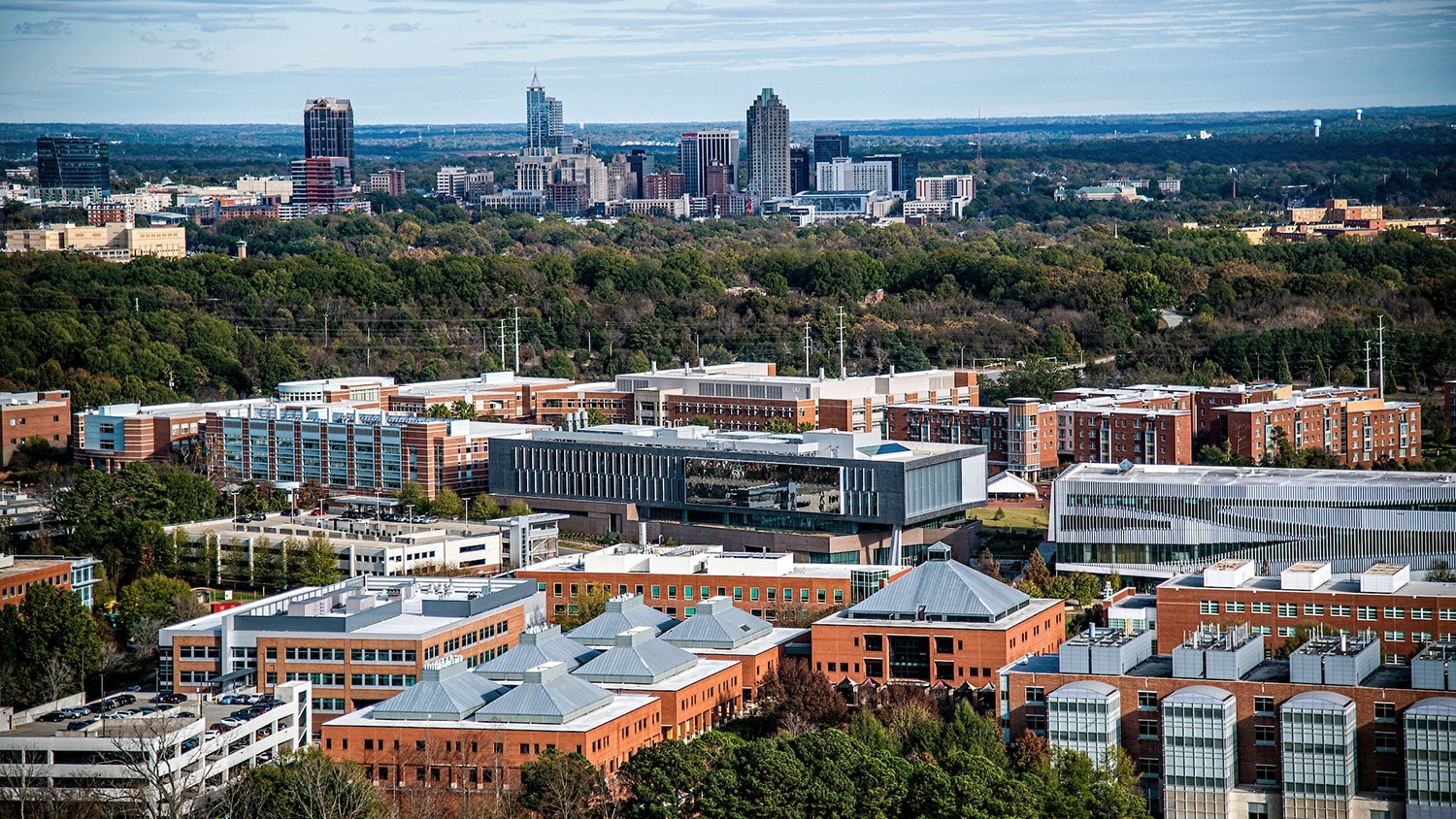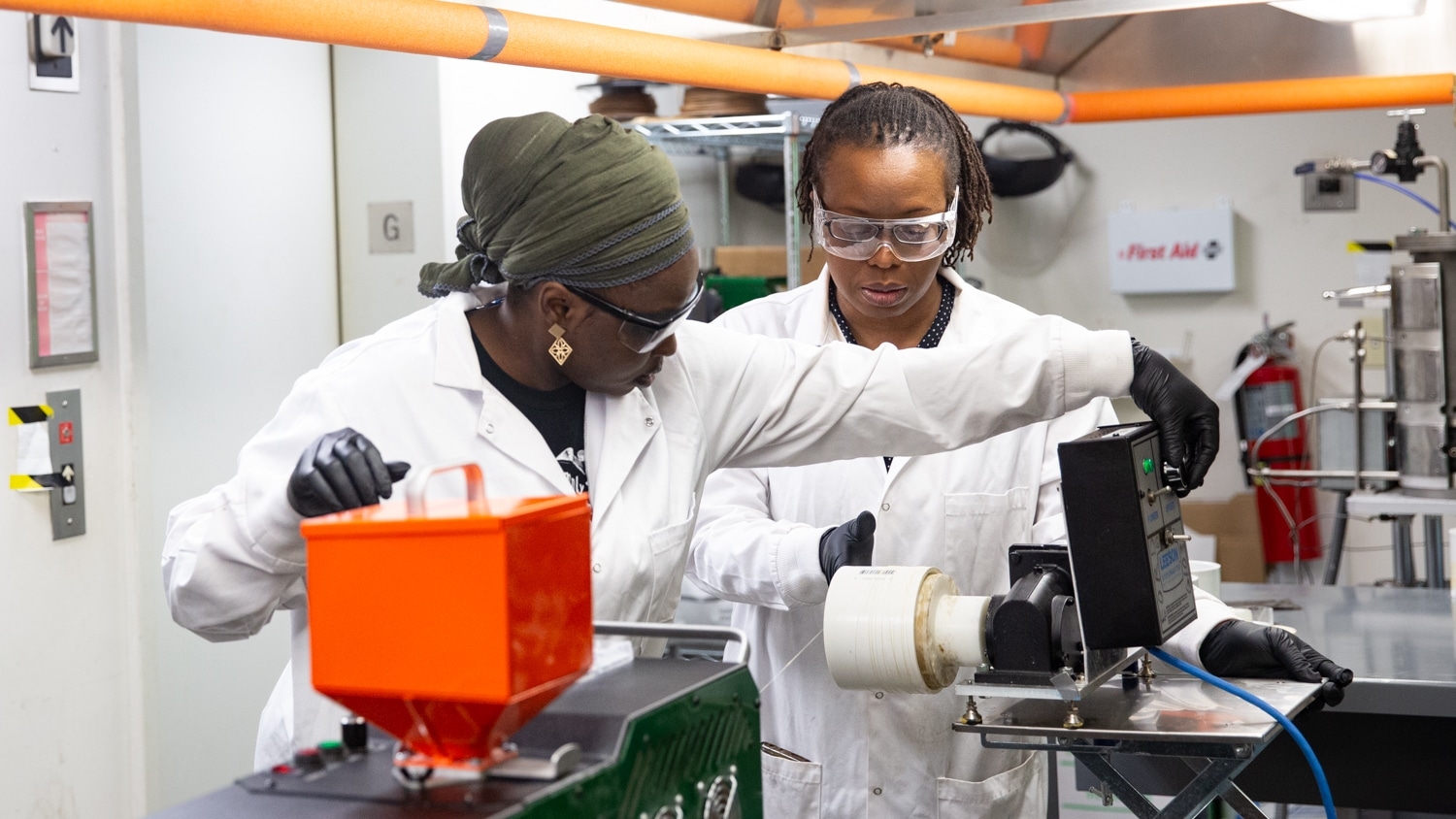COE introduces new NSF REU and RET sites
The new sites are focused on computing, hybrid perovskite materials and data science.

It takes a community to educate and prepare the next generation of engineers to tackle some of the world’s most pressing challenges. NC State faculty members are helping to lead a new Research Experiences for Teachers (RET) site and two Research Experiences for Undergraduates (REU) sites, all of which are funded by the National Science Foundation to further encourage involvement in research and learning across the academic community.
Tiffany Barnes, Distinguished Professor in the Department of Computer Science, is the principal investigator (PI) for the RET site “Socially Relevant Computing and Analytics,” which started in spring 2021. Aram Amassian, a professor in the Department of Materials Science and Engineering, is PI for the REU site “Collaborative Research: Nanoscale Detectives — Elucidating the Structure and Dynamics of Hybrid Perovskite Systems,” which began in fall 2021. Yaroslava Yingling, Distinguished Professor of Materials Science and Engineering, is PI for the REU site “Materials Research with Data Science,” which starts up this spring.
RET Site: “Socially Relevant Computing and Analytics”
The RET site gives current and future teachers the opportunity to engage in immersive research on software tools, rapid prototyping and human computer interaction, while connecting them with the social relevance of computer science to promote engagement in teachers’ classrooms, particularly for female, Black/African American and Hispanic/Latinx students.
“Our goal is to not only help teachers learn to do research, but to make a curriculum to take back and show their students what research in computer science looks like, and inspire them to learn more about computer science,” said Barnes.
The RET site began recruiting this past spring and held their first session virtually this past summer. The six-week program involved eight Raleigh teachers and three NC State College of Education students who were split into three groups with graduate student and faculty mentors.
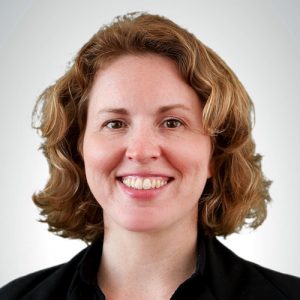
Barnes emphasized the importance of socially relevant computing so that all students regardless of gender, race or ethnicity are encouraged to pursue computer science as a career, and to address misconceptions about what work in computer science looks like.
“Computing is often seen as something done alone in a cubicle, and the desire to help people is what draws students to other areas of study like medicine or law,” said Barnes. “Though, a large amount of work in computer science is helping people, it’s just harder to see. We really hope to show that computing also helps people and that it is possible for anyone to study computing.”
REU Site: “Collaborative Research: Nanoscale Detectives — Elucidating the Structure and Dynamics of Hybrid Perovskite Systems”
Through this REU, undergraduate researchers will be exposed to the world of hybrid perovskite materials for energy and sustainability, as well as photonics and quantum applications, to help strengthen students’ research skills and interest in furthering their education through graduate study.
Mentorship comes from faculty members who currently teach at NC State, UNC-Chapel Hill, and Duke University.
Amassian leads the site in partnership with David Mitzi, a Simon Family Distinguished Professor in the Department of Mechanical Engineering and Materials Science at Duke, and James Cahoon, a Hyde Family Foundation Scholar and associate professor in the Department of Chemistry at UNC.

Hybrid perovskite materials are a new class of semiconductor that has the adaptability and exotic properties of organic semiconductors, and higher crystallinity and performance properties of traditional semiconductors used in solar cell production such as silicon and gallium arsenide.
“A lot of world-class research in hybrid perovskites is done in the Triangle area,” said Amassian. “We wanted to use this REU Site to expose undergraduate students to top-tier research and to show them the exciting world of [hybrid perovskite materials and technologies].”
Recruiting has focused on students from underrepresented groups and those who have limited opportunities at their home institutions. To increase cross-institutional collaboration, students are paired with another participant from a different institution who has similar research interests.
“We want to encourage all kinds of perspectives and communities affected by climate change to have a foothold in energy materials and sustainable technologies,” said Amassian. “There’s no cookie-cutter solution to account for all economic, historical and cultural backgrounds.”
REU Site: Materials Research with Data Science
This REU site aims to involve students in mentor-guided research experiences in data science to prepare them for careers that are increasingly demanding science and engineering students to manage and interpret data.
Yingling, amongst fellow researchers, observed a growing demand in engineering and science professions to be able to understand and apply data science methods.
“Many companies want to employ engineers who can speak the lingo and understand what tools in data science are capable of,” said Yingling.
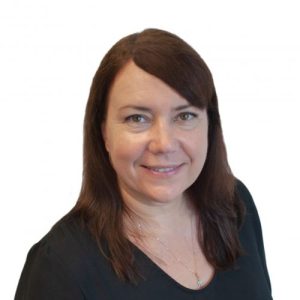
To address this scarcity of professionals who possess both domain and data science knowledge, 10 students will be recruited each year from varying academic backgrounds in STEM to participate in a 10-week research experience.
Students will be recruited from institutions where they have limited research opportunities, and will be able to engage in research in areas including machine learning, informatics, and statistical and mathematical methods. Yingling anticipates having a diverse cohort as the REU is not limited to engineering students, but students from any science discipline.
Mentorship will be provided from 12 professors from the Department of Materials Science and Engineering, with assistance from graduate students and postdocs. Yingling hopes that participating students will be encouraged to consider graduate study and will have an easier time pursuing careers in STEM-related fields by developing additional skill sets and strengthening their understanding of data science.
- Categories:
